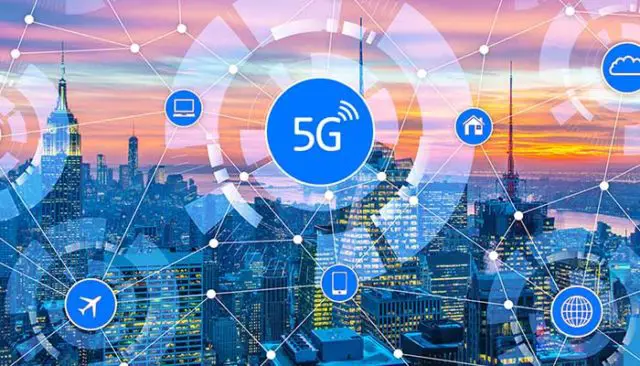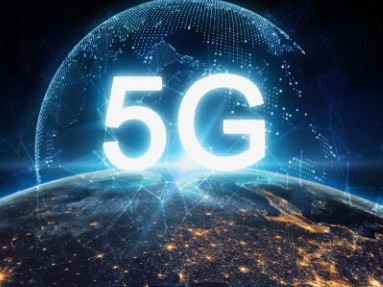
5G technology is already a reality in some Latin American countries and, although there are significant delays in its implementation, it can offer advances in economic and social terms, experts from the sector indicated.
This technology will “increase the efficiency of all the productive processes of the economy to reinforce the benefit that we will be obtaining in this hyperconnected world,” said José F. Otero, vice president for Latin America and the Caribbean of 5G Américas.
Otero stressed that, as a novelty, 5G can bring better connectivity and therefore more economic growth to rural areas, something that several Latin American countries are already working on.
“The arrival of new technologies in rural areas is also beginning to create an opportunity for remote communities to start using these new technologies that they did not have before due to the issue of limited connectivity,” he said.
“Technology can generate a leap in production and its use will bring with it innovative solutions that will be part of our day to day,” said Beatriz Cerrolaza, Telecommunications engineer.
According to data from ECLAC on Internet access in Latin America, differences in access persists between rural and urban areas, with an average of around 27 percentage points. The countries with the greatest differences are Brazil, Mexico and Colombia.
However, the challenges for the deployment of new technology in the region are important, among which Otero highlights the availability of the radioelectricspectrum, as well as the distribution of wealth and the purchasing power of consumers.

For Cerrolaza, the COVID-19 Pandemic is also causing a considerable delay in the implementation of this technology. In Latin America, where almost half of the workforce is informal and where there are countries with poverty levels exceeding 40%, Otero points out that in terms of implementation, this situation added to the Pandemic and its consequences slows down new technological developments. “If you can’t eat, you won’t have money to pay for new mobile technologies,” he explained.
Among the Latin American countries, Brazil, Chile and Peru were the ones that did the most tests and, according to data from 5G Américas, five 5G networks started operating during 2019.
Uruguay was the third country in the world to launch the technology, followed in the region by Puerto Rico and Brazil, which began the implementation of the 5G signal this month, Otero explained.It is expected that in the next 12 to 18 months the deployment will also take place in Colombia, Mexico, Bolivia, and possibly Peru and Costa Rica.

